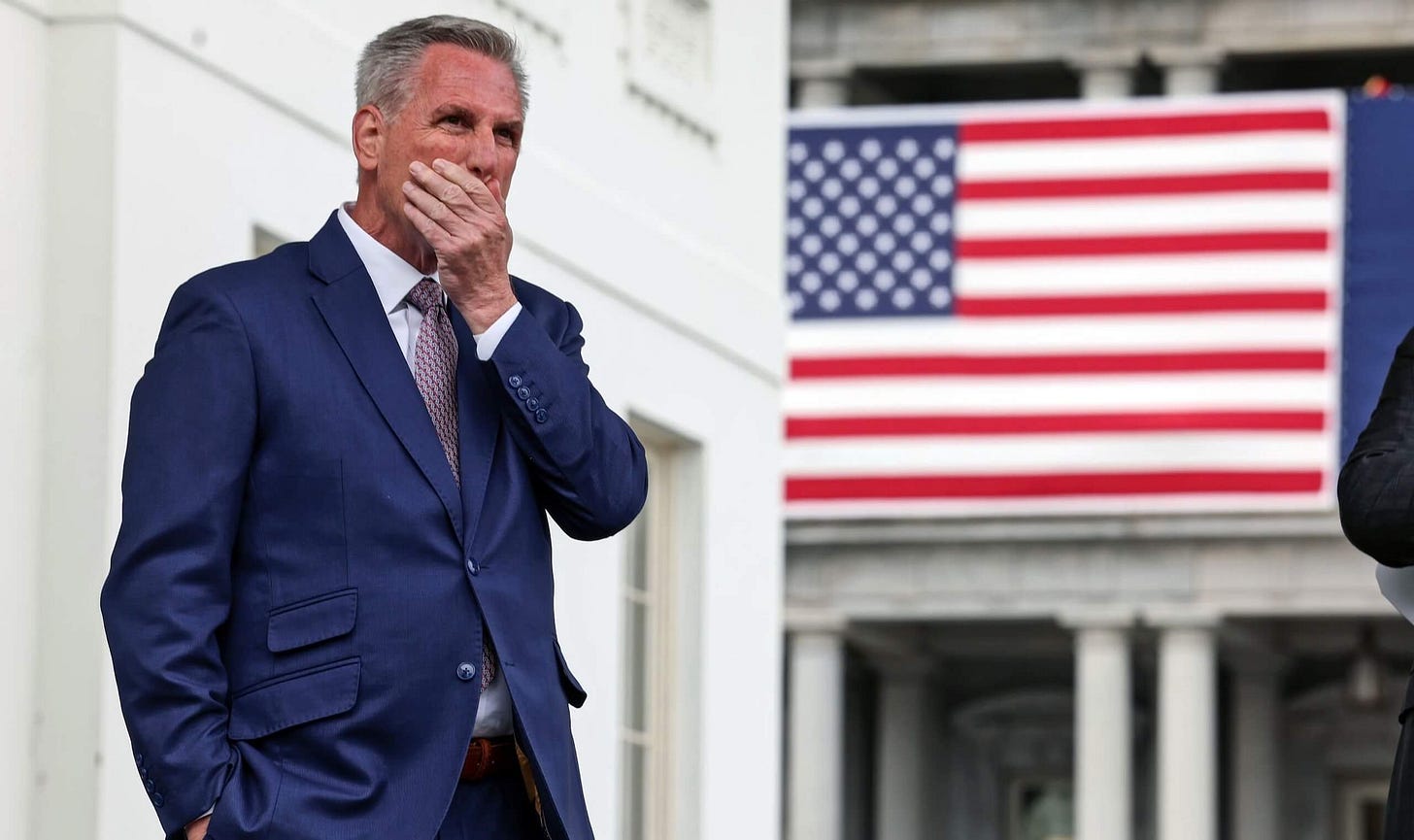The stalemate over house speaker brings to mind a question: Isn’t it strange that in a nation of such ambition and inventiveness, our options for political candidates basically range from bad to worse, from senile morons with no understanding of basic economics to ditzy Marxists and outright frauds and crooks? Not every politician is awful, but I think …
Keep reading with a 7-day free trial
Subscribe to The Objective Standard to keep reading this post and get 7 days of free access to the full post archives.


